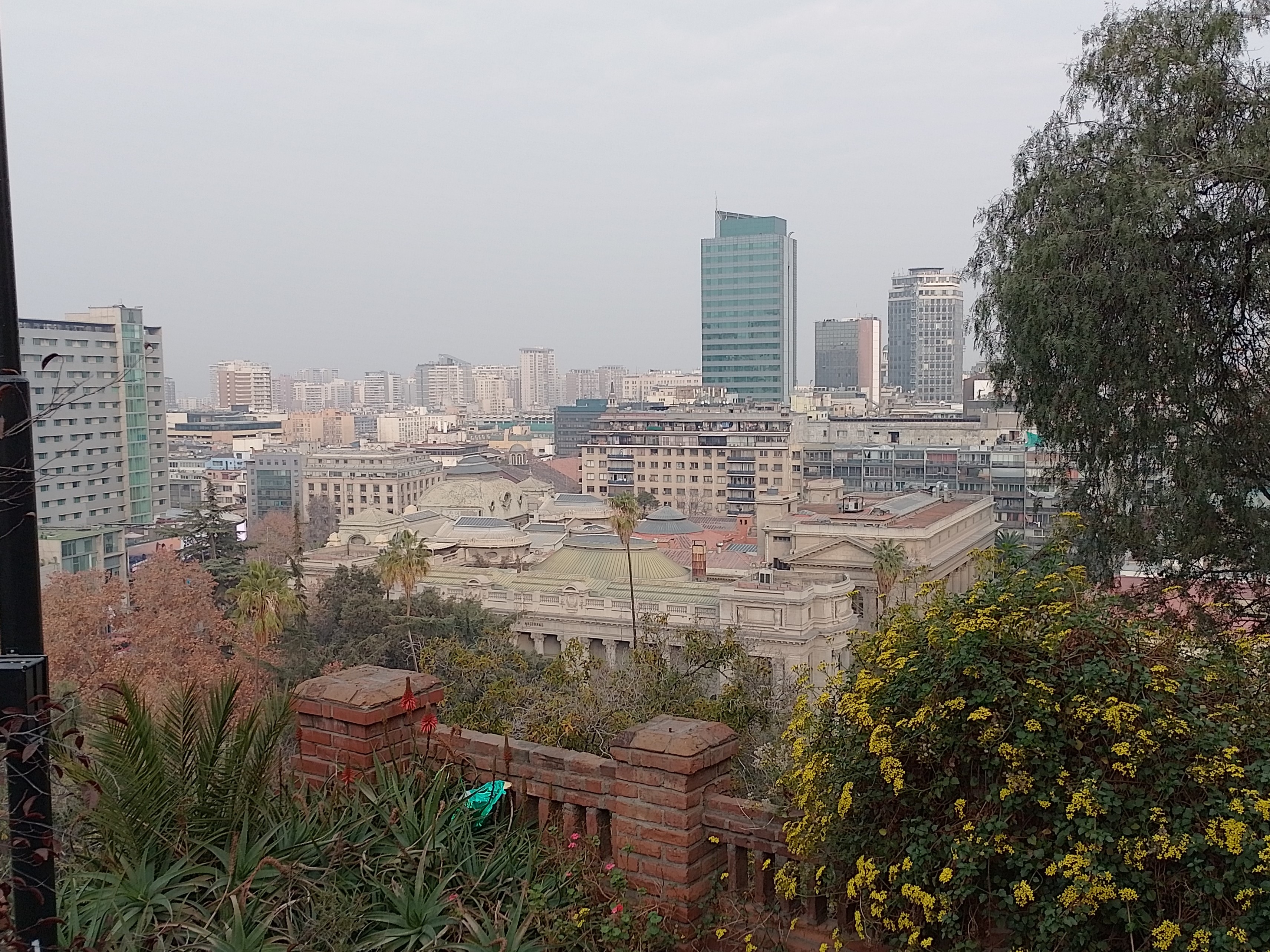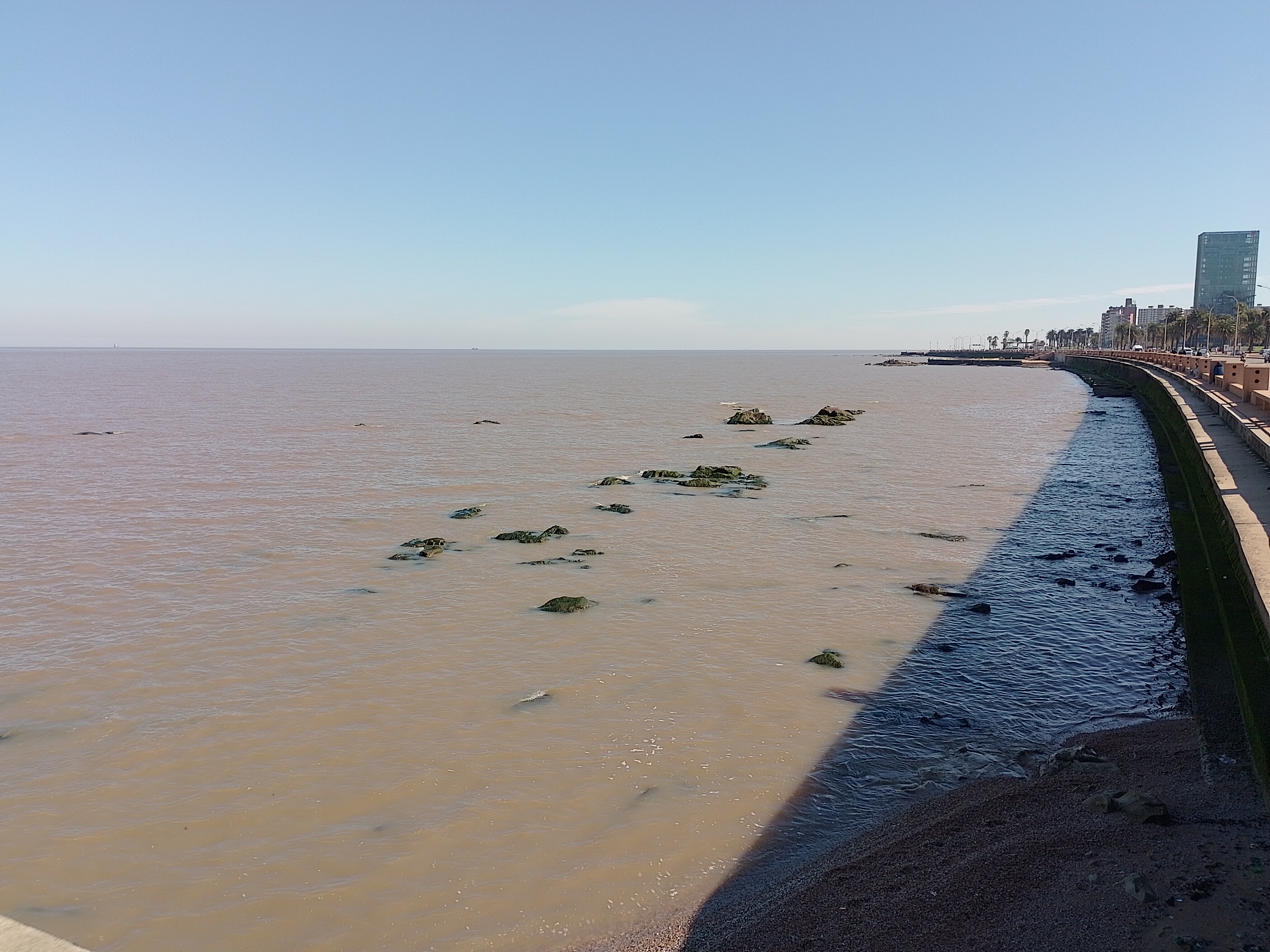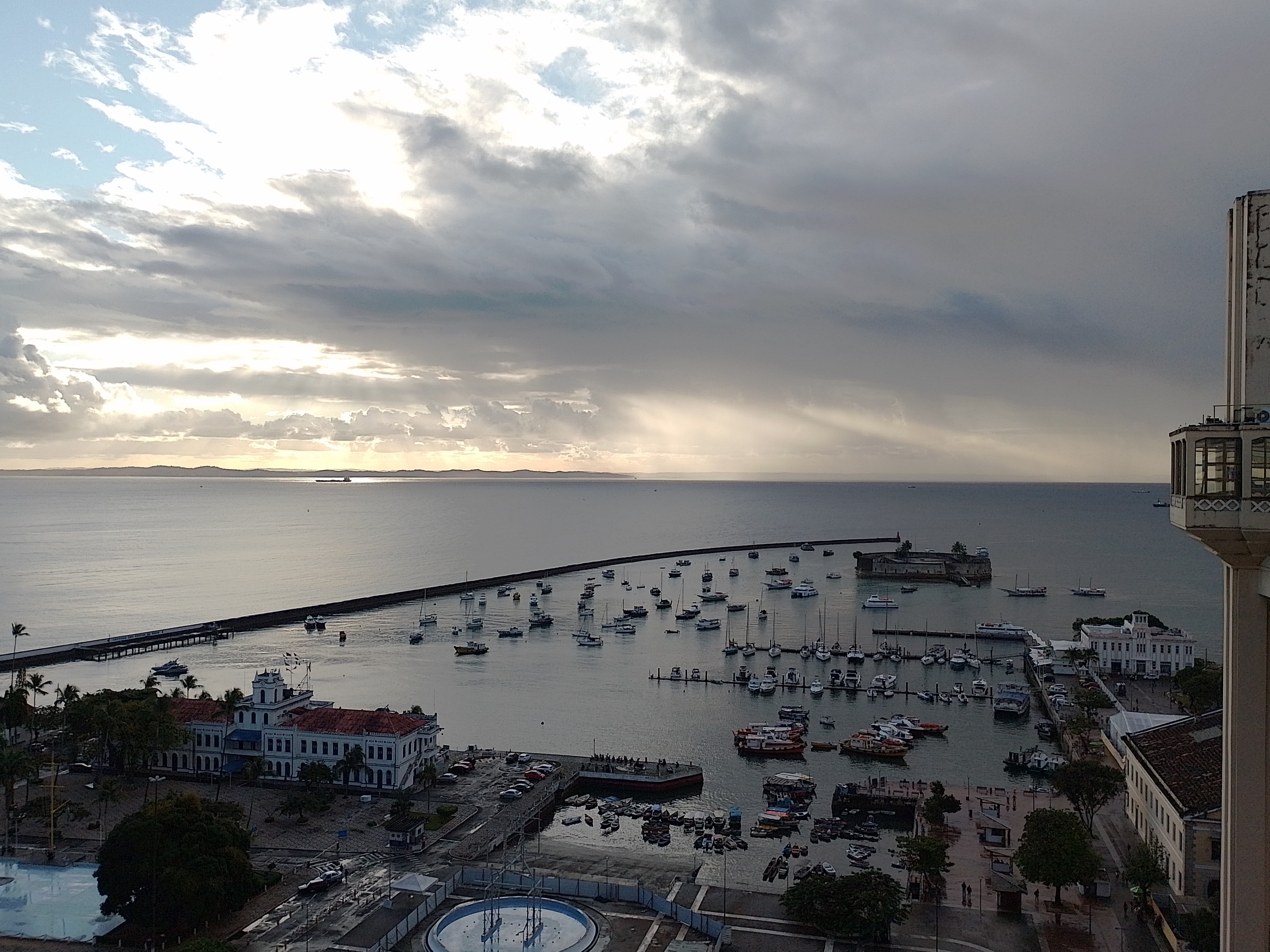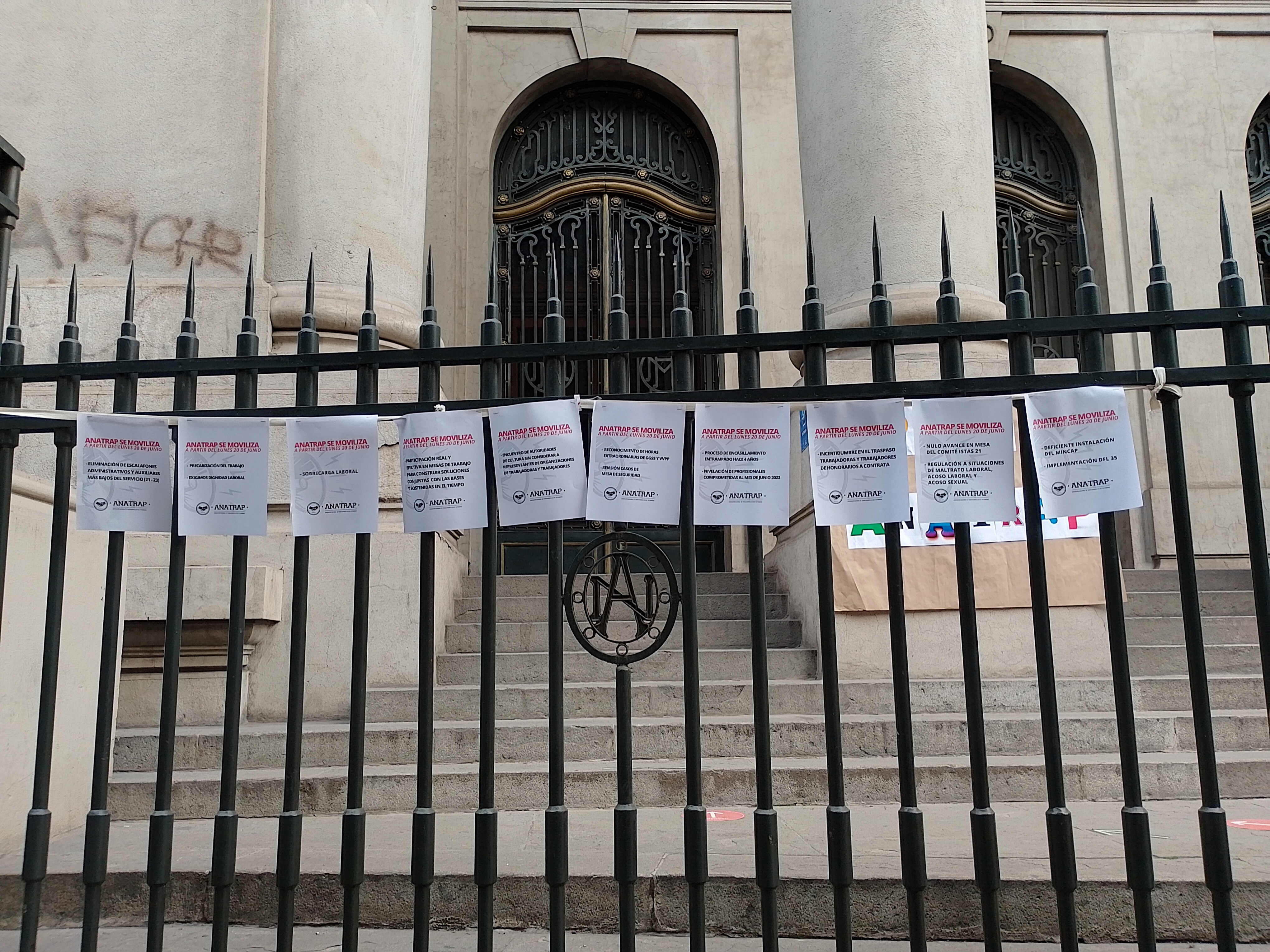BGHS.NEWS
Working where others go on vacation
Working where others go on vacation
Field report about an archive trip to South America
Internationalization is one of the basic principles of the BGHS, and quite a few BGHS members are doing their doctorates on topics that involve different countries and nations. One of them is Tim Rieke, who reports on his experiences during a research trip to Brazil, Chile, Argentina, and Uruguay from May to September 2022, during which he collected source material for his dissertation project on German consuls in South America between 1840 and 1918. Tim's doctoral project is funded by the Gerda Henkel Foundation, which also co-financed the archival trip.
My research in the archives focused primarily on correspondence between the consuls and the South American authorities to shed light on the interaction between the two, as well as on any archival material that provided biographical information about the lives of the consuls on the ground. The research trip was a tour for which I planned two to three weeks in each place. I started in São Paulo (Brazil) because I knew the city well already. Although it is enormous and has a sea of skyscrapers in large parts, it always offers corners with a particular charm. I continued to Santiago (Chile), where winter is most noticeable in South America, and not only because of the view of the snow-covered Andes.

(National Archives Chile, Copyright: Tim Rieke)
During my stay, the temperature only rose above 15 degrees Celsius once and was in the single digits most of the time. Buenos Aires (Argentina) came next, an amazing, sprawling and diverse city. After crossing the Río de la Plata, I was in the next South American capital, Montevideo (Uruguay) with its magnificent waterfront.
(Waterfront Montevideo, Copyright: Tim Rieke)
From there, I travelled back to Brazil and spent time in São Paulo again to complete my research. This was followed by a stay with many sudden downpours at mild temperatures in Salvador da Bahia, a centre of Afro-Brazilian culture.

(Salvador da Bahia, Copyright: Tim Rieke)
And the finale was Rio de Janeiro, the Brazil cliché par excellence, but that doesn't make the city any less worth seeing and spectacular.
Work in archives
My journey has taken me to both state archives and private institutions. The latter are mainly institutes for the history of German immigration and are often run by foundations. There, the number of visitors is usually smaller, the procedures are less formalised, and it is possible to get into a professional exchange with the staff more quickly. But even some of the major archives, such as the archive of the Brazilian Foreign Ministry in Rio de Janeiro, were surprisingly sparsely visited. These archives of foreign ministries are often located in representative buildings worth seeing. It even happened twice, in Rio and Montevideo, that, as a researcher who had travelled from Europe, I was offered a small guided tour of the palaces.
There was a special event in Santiago de Chile when, surprisingly, a strike of the employees at the National Archive ended my research prematurely. The strike started right at the beginning of the second week of my stay there. At first, I still had the hope that I would be able to do at least one or two days of research during my last week in Santiago, but this did not come true. The strike was organised by a union for workers in the field of national cultural heritage (Anatrap). It therefore also affected many other smaller archives and the National Library, which also remained closed for weeks. The union made demands on Chilean politics that were certainly worthy of consideration, which, in addition to better pay for employees, primarily concerned the issue of working conditions. After a while, the archives were open to the public again. Even though it, unfortunately, threw a spanner in the works of my research, I hope it may have ultimately produced a helpful result for one or two of those employed in that field.

(Strike Notice, Copyright: Tim Rieke)
Tips for preparing a research trip
Overall, I am very satisfied with my research trip. Perhaps the most important reason for its success was the early contact with other scientists in the South American countries I visited. On such a trip, it is enormously helpful to exchange ideas in advance with people who know the local conditions (and often also research similar or related topics). They can give you important information about research opportunities and also practical and organisational tips. Corresponding contacts can be established easily through professors from the respective subject area at one's university, in my case, South American history, who can give many recommendations.
Moreover, it is always worthwhile to get in touch with actors in South America on my own initiative. One or another time I simply wrote an email to researchers at the universities there from whom I had read interesting essays or other contributions. And this also applied to the preparation of visits to the various archives. Most of the institutions answered my emails quickly and reliably and also took care of follow-up questions in detail. In any case, I did not sense any of the sluggishness that is sometimes attributed to Latin American research institutions.
My trip was anything but a holiday, despite the exotic places, but the beautiful surroundings and supportive people make it much easier.